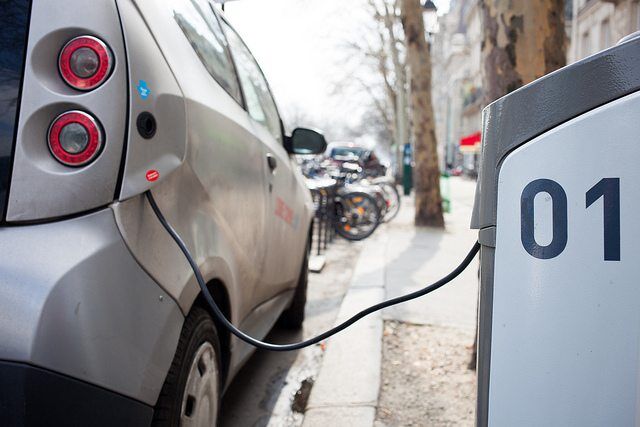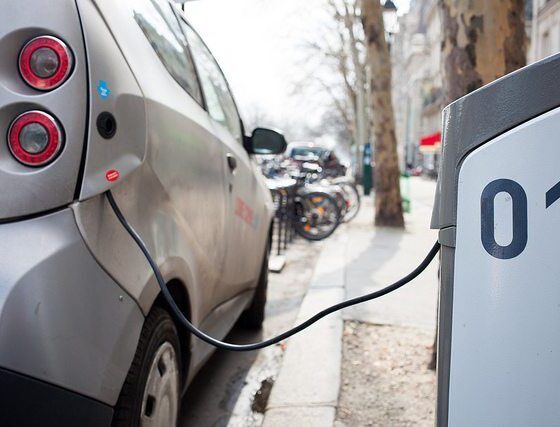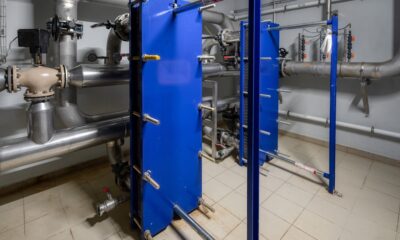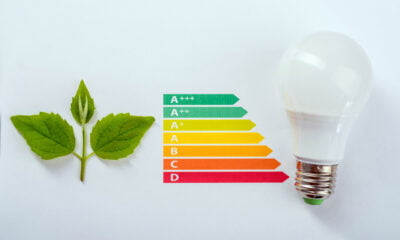

Energy
3 emerging energy-efficient transport developments
At the beginning of December, the UK government released its Autumn Statement for 2016. In it was an announcement that the Department for Transport would receive a £390m investment fund by 2020–21 to deliver “future transport technology”. The aim is to give British transport a low-carbon boost, and the initiative will focus on the development of driverless cars, renewable fuels, and energy-efficient transport.
But, while this money will go into creating new technology in the future, there are already organisations and companies who are working on making energy efficient technology and equipment for transport. Here are three innovative developments that you could soon see in reality.
Autonomous lorries
In March 2016, the government released its latest budget, which stated that they wanted the UK to be “a global centre for excellence in connected and autonomous vehicles”. It was also confirmed that “lorry platooning” trials, where wireless-linked vehicles will form a convoy that’s headed by a manned leading lorry, will go ahead. Experiments like this have already taken place in mainland Europe, according to The Guardian.
In theory, driverless trucks would make roads safer, as most traffic accidents are a result of human error. It’s also likely that they would help to reduce pollution, as they’ll travel much more efficiently than trucks driven by humans.
Solar-assisted transport vehicles
Another emerging technology that is making our transport and haulage channels more energy-efficient is the integration of solar photovoltaic (PV) systems into transport vehicles.
Graeme Shield is a development engineer at Romag, a company that is renowned for providing high quality UK-manufactured solar PV, architectural, security and transport glass. He said: “As a manufacturer of solar PV systems, we’ve worked on projects where panels have been installed onto the roofs of lorries to generate electricity that powers functions such as air conditioning or refrigeration.
“The addition of such systems has two main benefits: it helps to reduce the vehicle’s carbon footprint, and decreases transport costs after the payback period. By getting energy from a renewable source, less fuel needs to be burned to power certain functions, making these lorries greener overall.”
So, companies that choose to install solar panels on their vans and lorries, or buy models that have them as standard, are likely to lower their running costs and do their bit for the environment, too.
Sustainable aviation
And, finally, a lot of work is being put into making air travel more sustainable, which is particularly important, as Sustainable Aviation has predicted that the number of air passengers is likely to double by 2050.
While the aviation industry already works hard to improve its fuel efficiency for the most part, a large proportion of focus is now going towards making aviation fuel more sustainable. The Sustainable Aviation Fuel Users Group claims that the industry is committed to achieving carbon-neutral growth by 2020 and a key strategy is to adjust and begin using sustainable aviation biofuels.
These are just three ways in which the transport industry is becoming more energy-efficient and sustainable. If everything goes to plan, we’ll soon seen the effects of these positive and much-needed developments.


 Environment12 months ago
Environment12 months agoAre Polymer Banknotes: an Eco-Friendly Trend or a Groundswell?

 Features11 months ago
Features11 months agoEco-Friendly Cryptocurrencies: Sustainable Investment Choices

 Features12 months ago
Features12 months agoEco-Friendly Crypto Traders Must Find the Right Exchange

 Energy11 months ago
Energy11 months agoThe Growing Role of Solar Panels in Ireland’s Energy Future





























